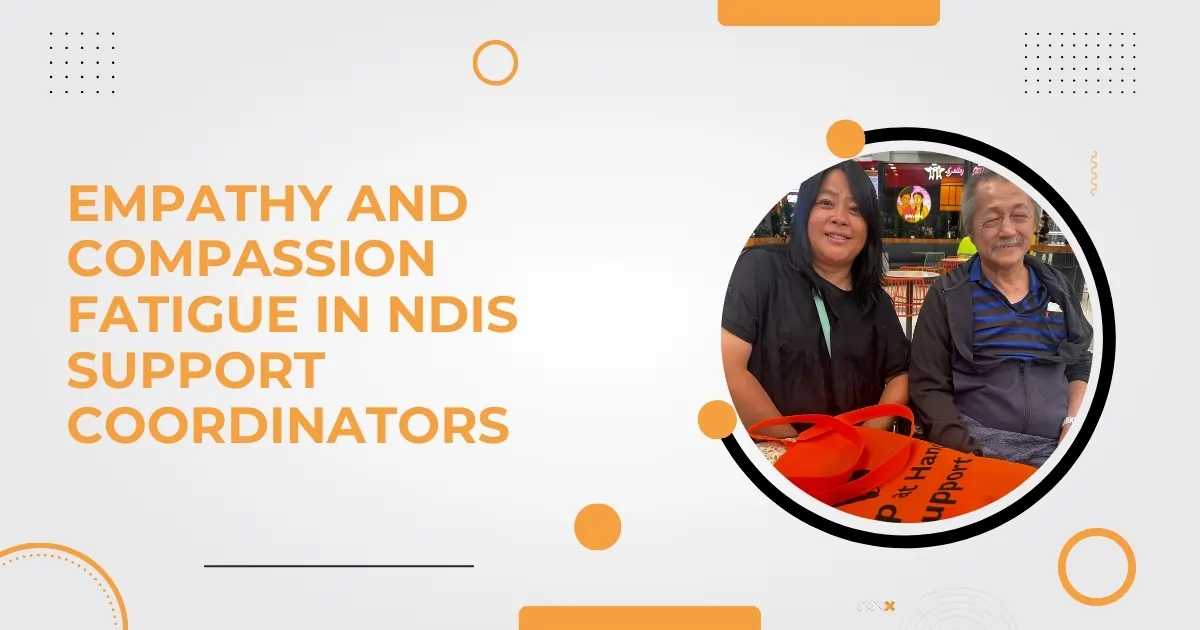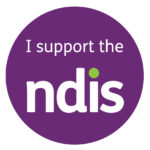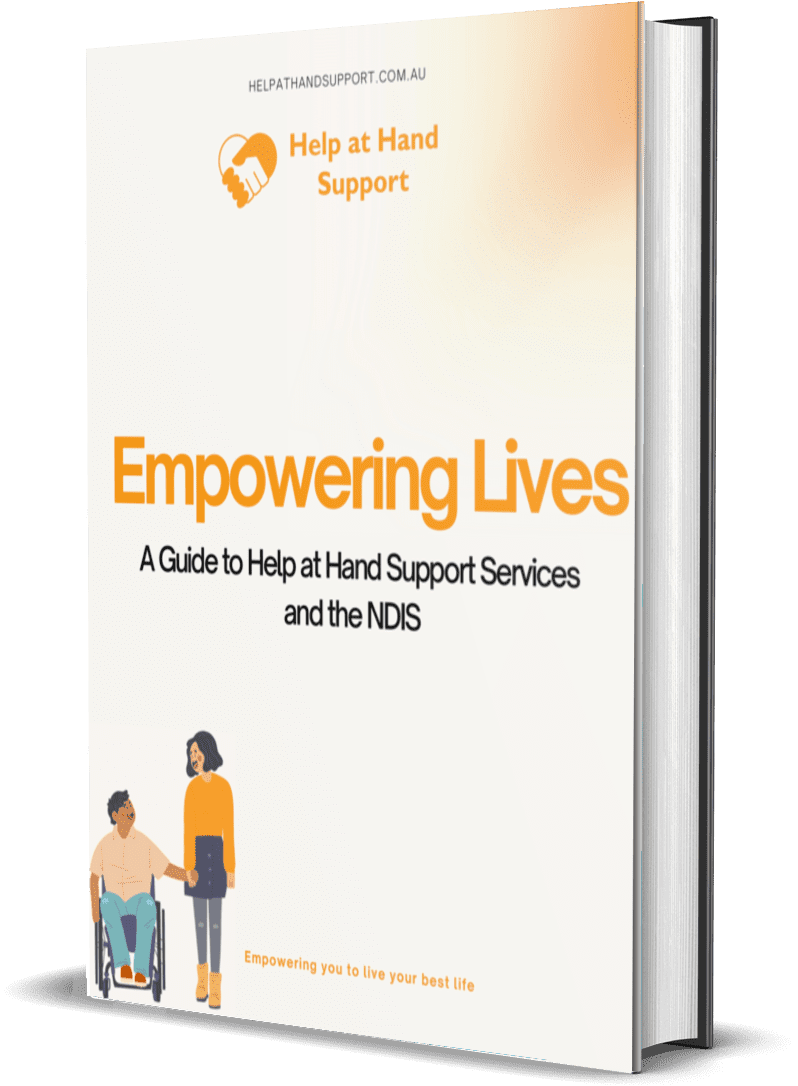While this role can be advantageous, it can also be emotionally taxing. Over time, the constant exposure to participants’ struggles can lead to empathy fatigue or compassion fatigue, a recognised occupational hazard in people-focused professions.

What Is Empathy & Compassion Fatigue?
Key ways it can manifest include:
- Emotional exhaustion from continuous exposure to distress.
- Reduced empathy and emotional connection.
- Physical symptoms such as headaches, poor sleep, or digestive discomfort.
- Withdrawal from work-related tasks or social situations.
- Developing cynicism or detachment towards work.
This condition is not a sign of weakness. It is a natural occupational risk for those who invest emotionally in their clients’ well-being.
How to Recognise Empathy & Compassion Fatigue
- Feeling constantly overwhelmed or tense.
- Difficulty concentrating or making decisions.
- Increased impatience with colleagues or participants.
- Loss of interest in personal hobbies or downtime.
- Changes in appetite or sleep patterns.
Early detection is essential because intervention at this stage can prevent long-term burnout.
Why Support Coordinators Are at Higher Risk
Strategies for Managing Empathy & Compassion Fatigue
- Prioritise self-care. Invest in physical and mental wellbeing through regular exercise, meditation, hobbies, and quality sleep. Reduce screen time outside work to prevent cognitive overload.
- Set professional boundaries. Learn when to say “no” and define clear limits between work and personal life. This helps maintain ethical practice and prevents emotional overextension.
- Build a support network. Engage with colleagues, friends, and family who can provide understanding and encouragement.
- Practice mindfulness. Utilise grounding techniques such as deep breathing, meditation, and present-moment awareness to manage stress effectively.
- Seek professional help. If symptoms persist, consult a qualified mental health professional for targeted support.
Why Self-Care Is Crucial for Support Coordinators
The emotional weight of this role can build up quickly, making self-care a non-negotiable priority.
When coordinators prioritise their own well-being, they can maintain their ability to advocate effectively and uphold participant rights.
How Organisations Can Help Prevent Compassion Fatigue
- Encouraging safe spaces for discussing workplace stress
- Providing access to mental health resources and resilience training
- Promoting work-life balance through flexible scheduling
- Recognising and rewarding employee contributions
How Help at Hand Support Helps Support Coordinators
- Offer access to practical resources and mental health information
- Share workload strategies to prevent burnout
- Foster professional networks for peer support
We understand that when Support Coordinators are supported, participants benefit from higher quality advocacy and consistent service delivery.
Where to Get Immediate Help
- Lifeline – 13 11 14
- Beyond Blue – 1300 22 4636
- Your local Mental Health Crisis Assessment & Treatment Team
FAQs
What is empathy fatigue in NDIS Support Coordinators?
Empathy fatigue is the emotional exhaustion that develops from prolonged exposure to participants’ challenges, resulting in a reduced emotional connection and an increased risk of burnout.
What is the difference between empathy fatigue and compassion fatigue?
Empathy fatigue refers to the personal emotional drain that results from understanding others’ struggles, while compassion fatigue encompasses the physical, mental, and emotional exhaustion that affects the quality of care.
What are the signs of compassion fatigue in Support Coordinators?
Common signs include stress, irritability, difficulty concentrating, physical symptoms such as headaches or poor sleep, and a loss of interest in work or hobbies.
How can Support Coordinators prevent compassion fatigue?
They can prevent fatigue through self-care routines, healthy work boundaries, peer support, mindfulness practices, and professional mental health support when needed.
Why is self-care important for NDIS Support Coordinators?
Self-care helps coordinators maintain focus, reduce burnout, and deliver consistent, high-quality advocacy for participants without compromising their own wellbeing.
Can organisations help reduce compassion fatigue in Support Coordinators?
Yes. Workplaces can help by promoting open communication, providing mental health resources, encouraging work-life balance, and recognising employee contributions.
Supporting Coordinators in Complex Care Cases
Check out more from our Blog
Book A Care Consult
We will be in contact with you shortly







